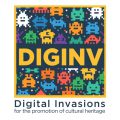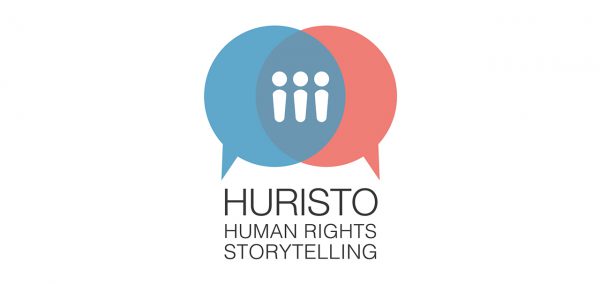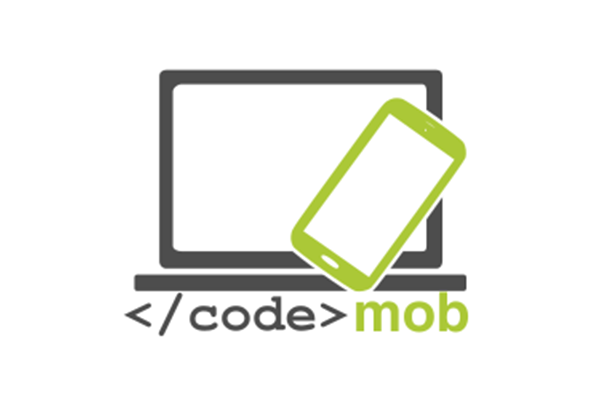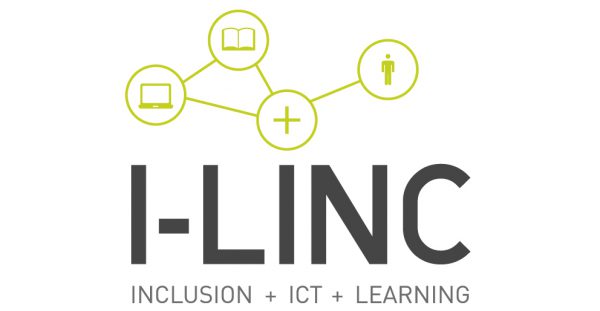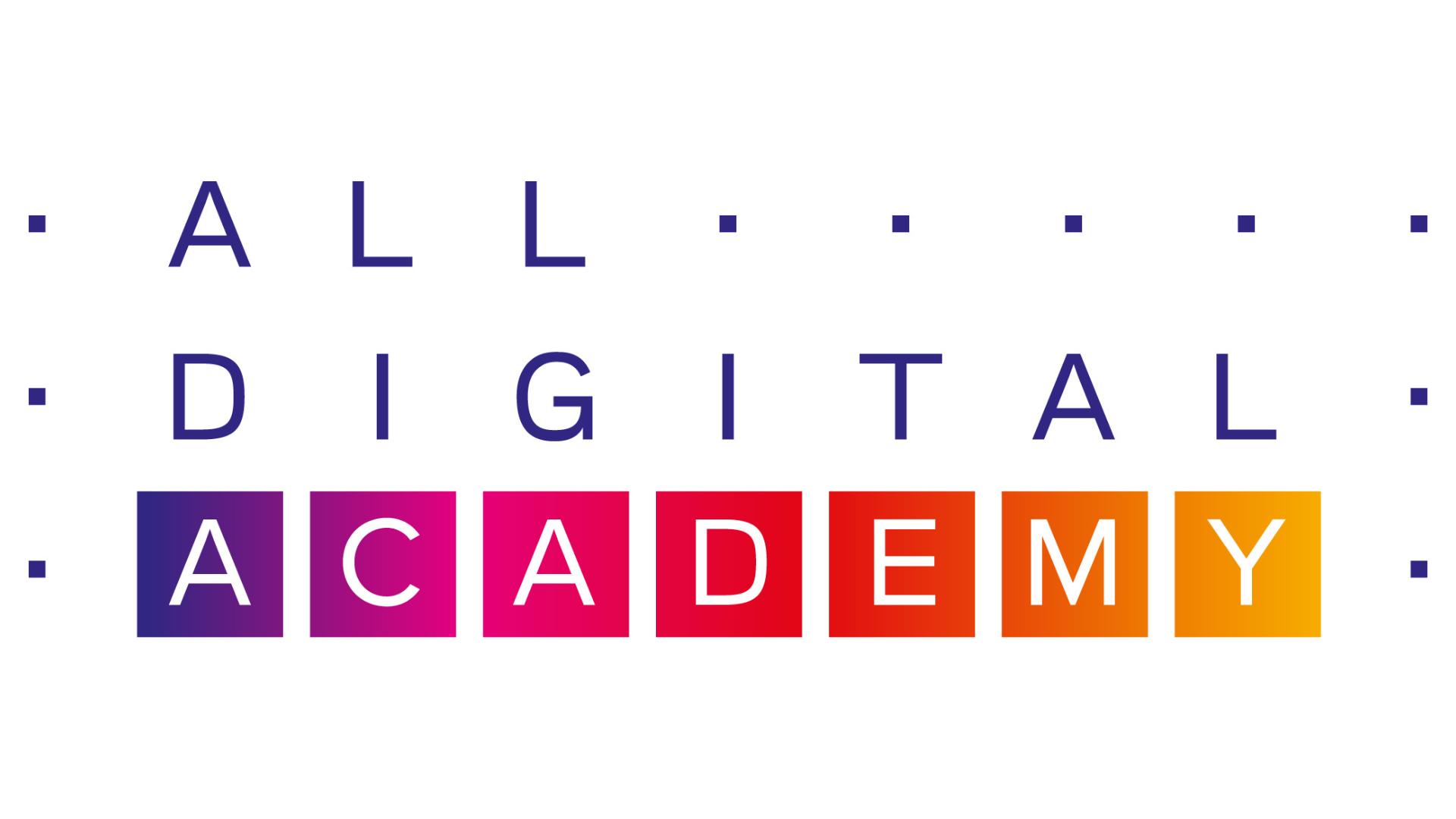
06 Jul ALL DIGITAL ACADEMY (ADA)
06 Jul, 2022
The ALL DIGITAL Academy (ADA) wants to support adult educators and trainers by offering up-skilling training activities on emerging digital technologies within an open and international academy dimension. Learning centres, education managers and non-educators staff, stakeholders and experts are involved in the ALL DIGITAL Academy as part of the Community of Practice to share and continuing learning on digital education, and topics like Artificial Intelligence and Internet of Things to strengthen the capacity building of learning centres and facilitate the ongoing digital transformation. More information available on the ALL DIGITAL Academy website.
MAIN AIM
The main aim is to support and empower adult learning centres across Europe, in the provision of basic digital skills and competences, specifically the knowledge and understanding of key emerging digital technologies, such as AI and IoT, and related issues, such as data literacy, privacy and protection. Both the ADA Community of Practice and the training resources (including the MOOC and webinars) aim at supporting the implementation of a joint strategy to introduce peer learning activities, exchange of best practices and experiences at European level to facilitate learning centres and organisations in cooperating for digital transformation processes.
More specifically, ADA is aimed at achieving the following objectives:
- Upskilling adult educators working in the field of digital inclusion, through the provision of high-quality online training on key emerging digital technologies and related issues.
- Strengthening the capacity of adult-education organisations in informing and educating adult citizens on emerging digital technologies (opportunities and risks to be aware when interacting with services that use these technologies), through online formative and informative webinars, resources, tools, and recommendations.
- Promoting transnational cooperation and exchange through the nurture of a Community of Practice as main hub for digital competence stakeholders from all sectors to connect and share information on DigComp and digitalisation as well as engage with EU activities on these topics.
The ALL DIGITAL Academy is strongly linked with the objectives of the Digital Education Action Plan (DEAP). The Academy sits at the cross section of education, innovation and digital. It contributes to the DEAP Strategic Priority 1 “to foster a high-performing education ecosystem” by training educators and training staff in operating confidently and digitally competent when delivering training activities with their audiences. Through the proposed training activities, the Community of Practice and the capacity building activities, the project is also addressing DEAP Strategic Priority 2 “to enhance digital skills and competencies for the digital age”, by supporting the provision of basic digital skills and competencies, including a good knowledge and understanding of data-intensive technologies, such as AI and IoT.
TARGET AUDIENCE
The first target group is educators and trainers operating within adult learning centres and/or independently across Europe that are already and/or are willing to offer educational activities on emerging technologies and related topics.
The second target group is the staff of learning centres, especially managers and decision makers, and stakeholders, policy makers and change makers across Europe focused on emerging technologies education and digital transformation.
The secondary target is European adult citizens to whom educators and learning centres address their educational activities on emerging technologies.
Objective impact on beneficiaries
ADA expects at least 500 educators from at least 10 European countries registered in the MOOC, at least 100 educators completing it and at least 300 practitioners, educators, experts joining the CoP and at least 50 resources, including reports, OERs, self-assessment tools, best practices on the platform.
The consortium expects at least 100 organisations from at least 10 European countries joining to the at least 10 capacity-building webinars; at least 100 organisations interested in receiving the Toolkit on the readiness of introducing educational activities within the learning centre.
EXPECTED IMPACT
From the 15 deliverables (reports, content based and digital tools) planned, the expected impact in short-term for educators and trainers results from their upskilling on emerging technologies and related topics, with the immediate impact in them starting and/or increasing the educational offer for European adults (secondary target) on such topics.
For learning centres, the short-term impact results from the upskilling of their staff, internationalisation of their activities thanks to the networking opportunities within the ADA digital environment, the support received in implementing educational activities on emerging technologies adopting the DigiComp framework, the exchange of processes, formats, solutions and needs (in a problem-solving perspective) within the Community of Practice forward looking innovation and overall facilitating digital transformation at local, national and international level.
At long-term, ADA project has the aim of continuously providing training activities on several emerging technologies (expanding the ADA digital environment beyond AI and the IoT); being up to date on them thanks to the Community of Practice; supporting learning centres and territories in implementing and innovating in the education field for digital topics.
OUTPUTS
Educators and trainers will benefit from the educational outputs present in the ADA digital environment:
- Online training (MOOC and OERs).
- DigComp-based resources and tools (self-assessment tools; learning and teaching methodologies and contents; hadbook for trainers; best practices etc.).
- The Community of Practice (CoP) of practitioners and stakeholders to share practices and experiences in adult education and training.
PARTNERS
- ALL DIGITAL AISBL – Belgium, Coordinator
- UNIVERSITA DEGLI STUDI DI NAPOLI FEDERICO II – Italy
- HELLENIC OPEN UNIVERSITY – Greece




